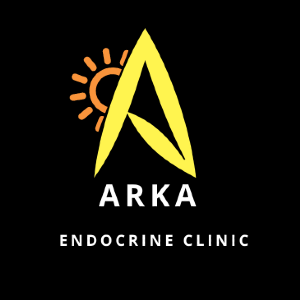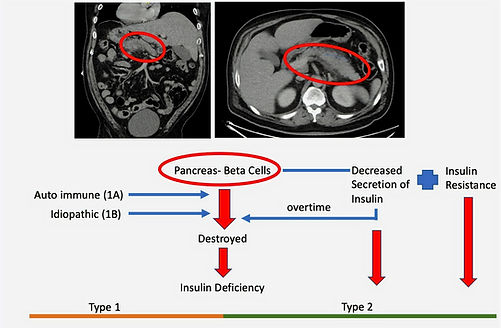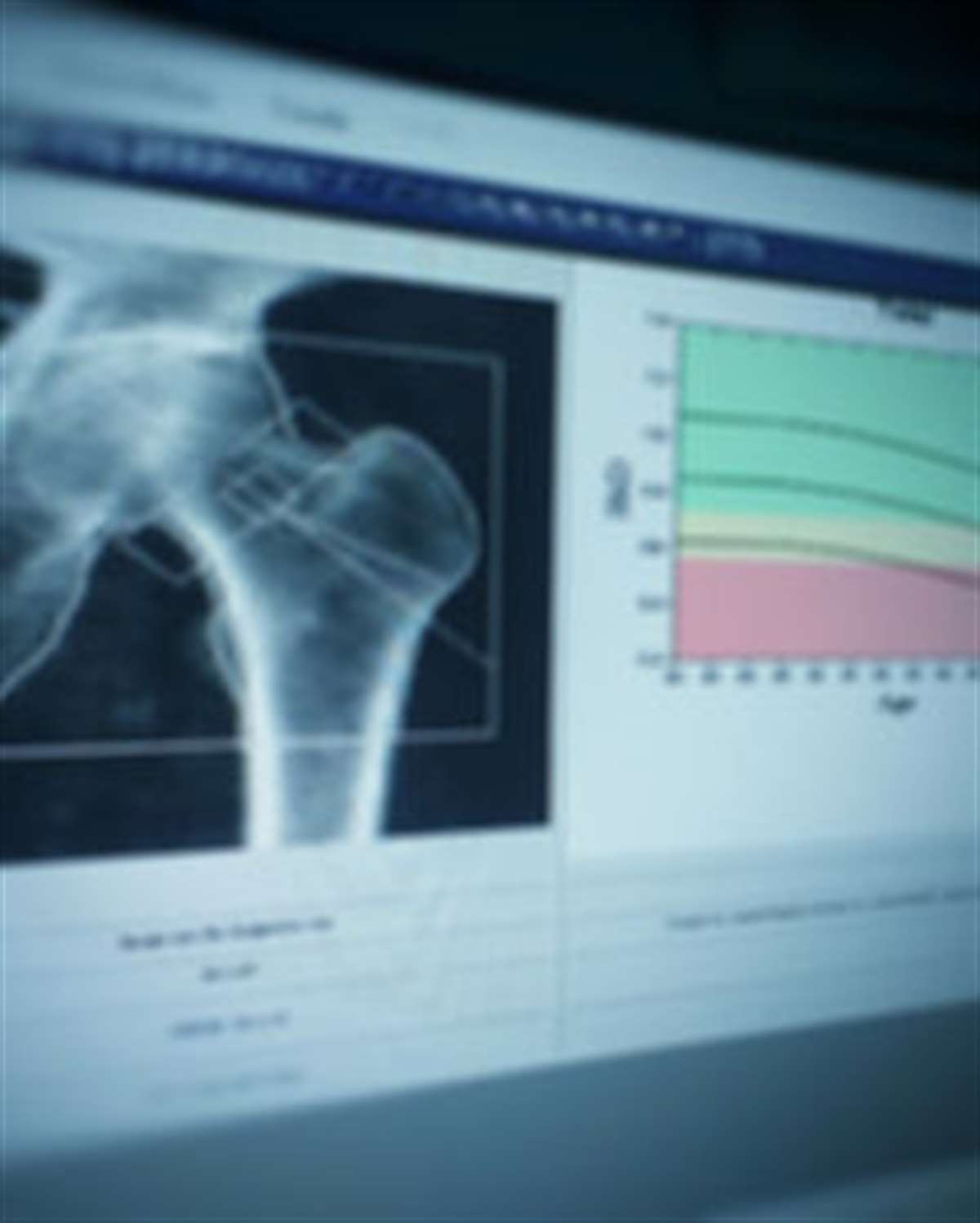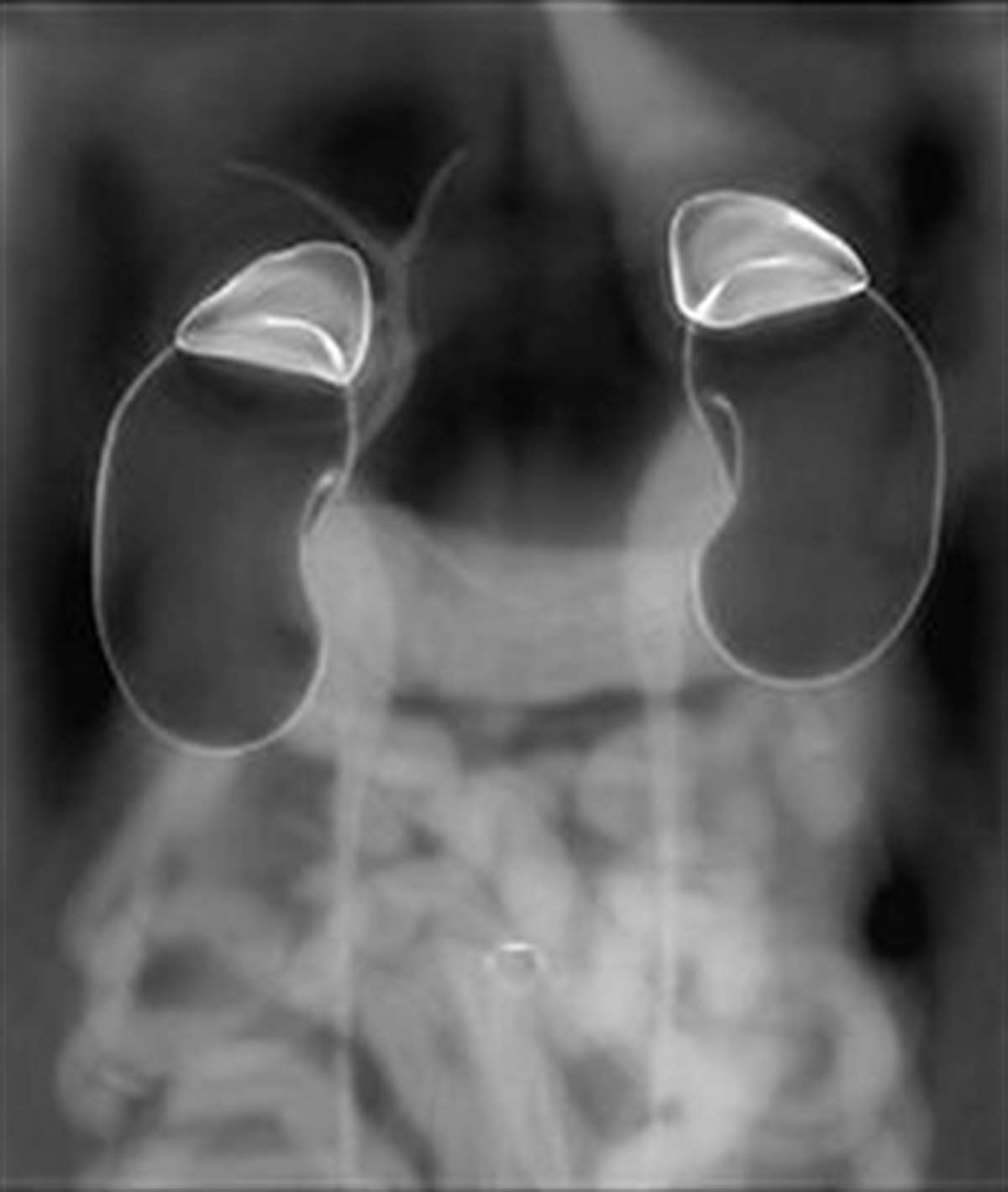starstarstarstar
star_borderstar
4.5 stars | 97 reviews
starstarstarstar
star_borderstar
4.5 stars | 97 reviews
All Reviews
Failed to load reviews.
Dr. G. Is a great doctor! She is so patient and courteous. She really cares about her patients. The office staff is great too!
My mom has been going to ARKA for about 6-8 months sand already she’s off the insulin machine. She’s amazing very welcoming, honest, and thorough. Great location and very accessible. Reminds you of your appointments consistently.
I’m very happy with the quality of service. I’m not the easiest person to get along with but they have been super helpful and patient.
Dr G was very informative and made sure I understood the process. Happy to have found her.
Failed to load reviews.
Fetching...
Displaying 1 - 5 of 97










